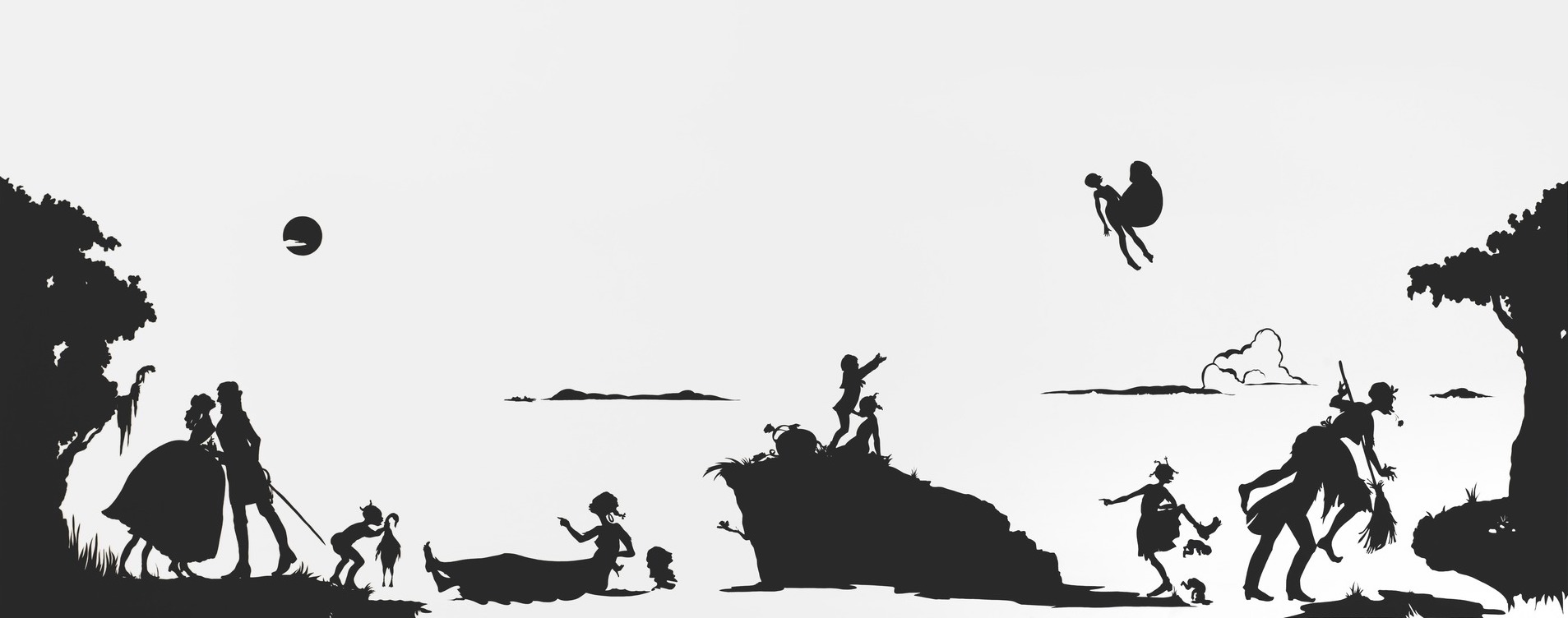Recently, I’ve been thinking a lot about Abraham Lincoln’s legacy. Part of this is due to the things we’ve been discussing in class, but another part has been my recent entanglement with the work of Suzan Lori-Parks, who has a cycle of plays popularly called the “Lincoln Plays.” These works are, obviously, about Lincoln, but take an incredibly compelling, complex, and revealing angle to his legacy.
The earliest of the Lincoln Plays, The America Play, is an abstract, impressionist take on Lincoln. In it, an African-American grave digger called the “Foundling Father” decides to move West to reconstruct a famous amusement park called “The Great Hole of History” in which he impersonates Abraham Lincoln for amusement park patrons to assassinate over and over every day. All of this is told to us in the past tense by the Foundling Father himself.
In Topdog/Underdog, the more popular of the Lincoln Plays, a similar premise plays out, but in real time. Lincoln and his brother Booth, again both African-American men, live together in an apartment while struggling to make ends meet. Lincoln, who refers to himself as “Link,” has a job at a local arcade as a Lincoln impersonator who, as in The America Play, is shot by guests pretending to be John Wilkes Booth.
There is much more at play in these works, but I would like to focus on these endlessly repeating tableaus—that of a black man dressed as Abraham Lincoln (in Topdog/Underdog, Link also wears whiteface) being shot by patrons, most of them white, although Link’s most regular customer is a black man. These tableaus never play out on stage except in one instance between the brothers when Booth wants Lincoln to practice.
I don’t think I can make complete sense of this tableau here; instead, this can be read as me trying to untangle the knot publicly while also sharing the brilliant work of Suzan Lori-Parks.
The tableau resists a hard-and-fast reading because of the multiple factors at play—a black man in whiteface plays Lincoln, who is shot by patrons as a sort of Confederate fantasy about assassinating Abraham Lincoln. The distance between Lincoln-the-president and Lincoln-the-impersonator is foggy because of the power of the Lincoln costume. The pressing question is who is being assassinated, or, who do the patrons desire to kill?
On one level the connection is clear: Lincoln’s assassination was over the institution of slavery and, as such, the desire to kill Lincoln is tied to a legacy of racial terror that followed his death. Here, killing Lincoln-the-president is killing Lincoln-the-impersonator. Another level is at work, though, as the play calls into question the status of Lincoln-the-president as a symbol. Today, he has been coopted by the Republican party, given the title of “The Great Emancipator,” and, in essence, reduced to the acts of Emancipation and assassination. In The America Play, the absurdity of the symbolic fetishization of the top hat and beard, and, more importantly, of Lincoln’s assassination, is made clear. In this sense, the Lincoln costume obfuscates Lincoln-the-impersonator’s blackness. The difference between valuable connection and absurd fetish over Lincoln is muddy. Overall, the tableau dwells in an ambiguous space, a sort of historical and lived knot that tangles up the historical reality of Lincoln, his symbology, and the lived experience of people both then and today.
I would like to conclude with one particularly poignant piece from these plays about history itself. In The America Play, “The Great Hole of History” is a grave filled with impersonators which, according to some scholars, is emblematic of a space in popular historic understanding in which the black experience resides. In effect, the “hole” is where black American history ought to be and it is only through Abraham Lincoln that The Foundling Father has managed to find black history. Not only are the top hat and beard conveyed as absurd for their metonymic qualities, but, on a black man, they a striking site of connection between the lived experience of a black man and the painful history of slavery and Reconstruction. Topdog/Underdog makes a similar remark which I think will wrap this post up well. After “practicing” his gruesome death with his brother, Link gets drunk and ponders the distance between the popular idea of Lincoln, with its attendant history, and the lived historical experience. By himself, Link muses, “People are funny about they Lincoln shit. Its historical. People like they historical shit in a certain way. They like it to unfold the way they folded it up. Neatly like a book. Not raggedy and bloody and screaming.”
